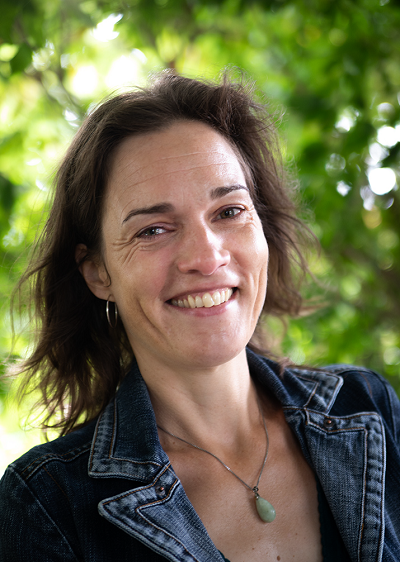Jutta Bolt receives grant from the Swedish Research Council

The Swedish Research Council (Vetenskapsrådet) has decided to award a grant of € 420,000 to Jutta Bolt and colleagues from Wageningen University and Lund University. The researchers received the grant for their research into the origins of health inequalities in Sub-Saharan Africa between 1900 and 1960. Bolt is professor of Global Economic History at UG’s Faculty of Economics and Business (FEB) and is associate professor of Economic History at Lund University in Sweden.
Bolt’s research focuses on understanding long-term comparative economic development patterns, with a special focus on Africa. For this research project, Bolt will work together with Daniel Gallardo-Albarrán (Wageningen University) and Jeanne Cilliers (Lund University). The objective of their project is to investigate the uneven establishment of healthcare and sanitation in colonial Africa, roughly between 1900 and 1960.
Differential spread of healthcare across Africa
Each year, millions of deaths still occur from preventable diseases and most of these deaths occur in Sub-Saharan Africa, where many citizens still lack access to basic sanitation and healthcare. The variation between African countries is immense: Zambia, for example, has more than 4 times the number of hospital beds per population than Benin; and in the Gambia twice as many people have access to basic sanitation services compared to Burkina Faso. “The historical roots of these low health-related investments in Africa have long been recognized, yet little care has been taken to understand and explain the differential spread of healthcare across the continent. In light of the recent COVID-19 pandemic, with demands on public health systems surging, the need to understand the reach of past public health interventions cannot be overstated”, Bolt emphasizes.
The historical roots of health inequalities
Using largely unexplored primary sources for both former British and French colonies, Bolt, Gallardo-Albarrán and Cilliers’ research will map and explain the spatial and temporal distribution of healthcare and sanitation infrastructures during the first half of the 20th century, when state-funded healthcare was established on the continent. The project will provide the first-ever comprehensive empirical account of healthcare interventions and outcomes in Sub-Saharan Africa before 1960, thus filling a substantial knowledge gap in comparative studies of historical health inequality. This is an essential first step towards a better understanding of the historical roots of curative and preventive investments, and it will shed new light on the effectiveness of government-led strategies to promote healthy lives for all.
Questions? Please contact Jutta Bolt.
More news
-
09 December 2025
Are robots the solution?
-
10 November 2025
Decentralization of youth care
